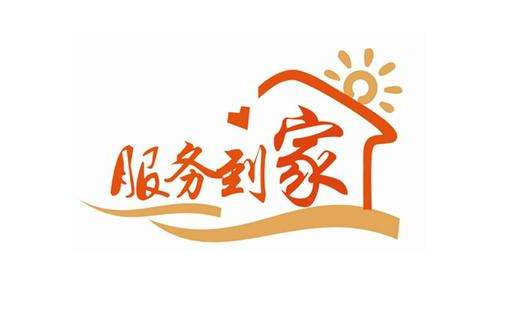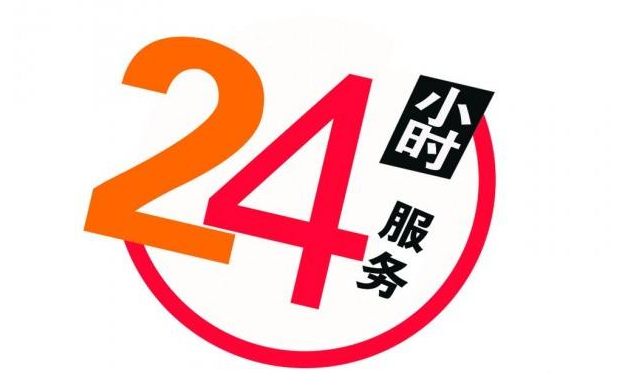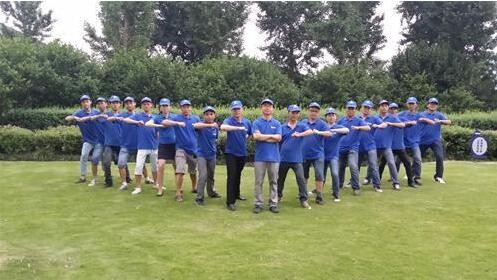The phrase "how old are you" is used to ask about a person's age in English. This question is commonly used in various situations and plays an important role in interpersonal communication. In this article, we will explore how to express different ages in English, focusing on four aspects: infancy, childhood, adolescence, and adulthood.

In the first few years of life, a child is considered to be in infancy. During this stage, the age is usually referred to in months. For example, "He is 6 months old" or "She just turned 18 months." Babies grow and develop rapidly, with milestones such as crawling and saying their first words. As they reach the age of 1, it becomes common to start using years, such as "He is 1 year old."

In the early years of life, it is important to track a child's milestones and development. Being able to express their age accurately allows parents, caregivers, and healthcare professionals to monitor their growth and provide appropriate care and support.

As infancy is a formative period, parents often celebrate their child's monthly milestones, such as a "2-month birthday" or "6-month cake smash." These occasions provide opportunities to cherish the growth and development of the child.

Childhood covers a wide range of ages, from toddlerhood to pre-adolescence. During this stage, a child's age is typically expressed in years. For example, "He is 4 years old" or "She just turned 10." Children in this age group continue to grow physically, mentally, and socially.

The ability to express one's age accurately becomes crucial when children start school and interact with peers. Knowing their age helps children establish connections, develop friendships, and participate in age-appropriate activities. It also plays a role in determining eligibility for education programs or sports leagues where age brackets are common.

As children grow older, they often eagerly look forward to their upcoming birthdays to mark their transition to a new age and claim increased privileges, such as being allowed to stay up later or receiving more independence. Celebrations such as themed birthday parties or sleepovers with friends are common during this stage of life.

Adolescence is a period of significant physical, emotional, and social changes. It spans from the onset of puberty to the late teenage years. When referring to someone's age during this stage, it is customary to say the specific number of years. For example, "He is 15 years old" or "She just turned 17."

The teenage years are a time of self-discovery, increasing independence, and peer influence. Being aware of one's age and the ages of others helps adolescents navigate social interactions, form friendships, and establish their identity. It also determines age-related privileges and responsibilities, such as obtaining a driver's license or being eligible to vote.

Birthdays become significant milestones during adolescence, often celebrated with parties, outings, or special gifts. Turning 16, 18, or 21 holds particular importance in many cultures, symbolizing increased rights and responsibilities as one transitions into adulthood.

When inpiduals reach adulthood, age is typically expressed in years. For example, "He is 30 years old" or "She just turned 45." Adulthood is a stage of life characterized by maturity, independence, and taking on various roles and responsibilities.

Knowing one's age is essential for legal purposes, such as applying for jobs, signing contracts, or registering for government services. It also helps inpiduals plan for their future, set goals, and make decisions regarding relationships, career paths, and personal development.

Birthdays continue to be celebrated in adulthood, with milestones such as 30, 40, or 50 years often marked with special gatherings, parties, or trips. These celebrations provide opportunities for reflection, gratitude, and reconnecting with loved ones.

The question of how to express age in English varies depending on different stages of life. In infancy, months are commonly used, while childhood and adulthood are mainly indicated in years. Adolescence is a transitional period, and the specific number of years is commonly used. Expressing age accurately is essential for communication, social interactions, and legal purposes. Celebrating birthdays and milestones allows us to cherish growth, reflect on life's journey, and create meaningful connections with others.
标题:多少岁英语怎么说(多少岁用英语怎么说)
地址:http://www.hmhjcl.com/linggui/131394.html

